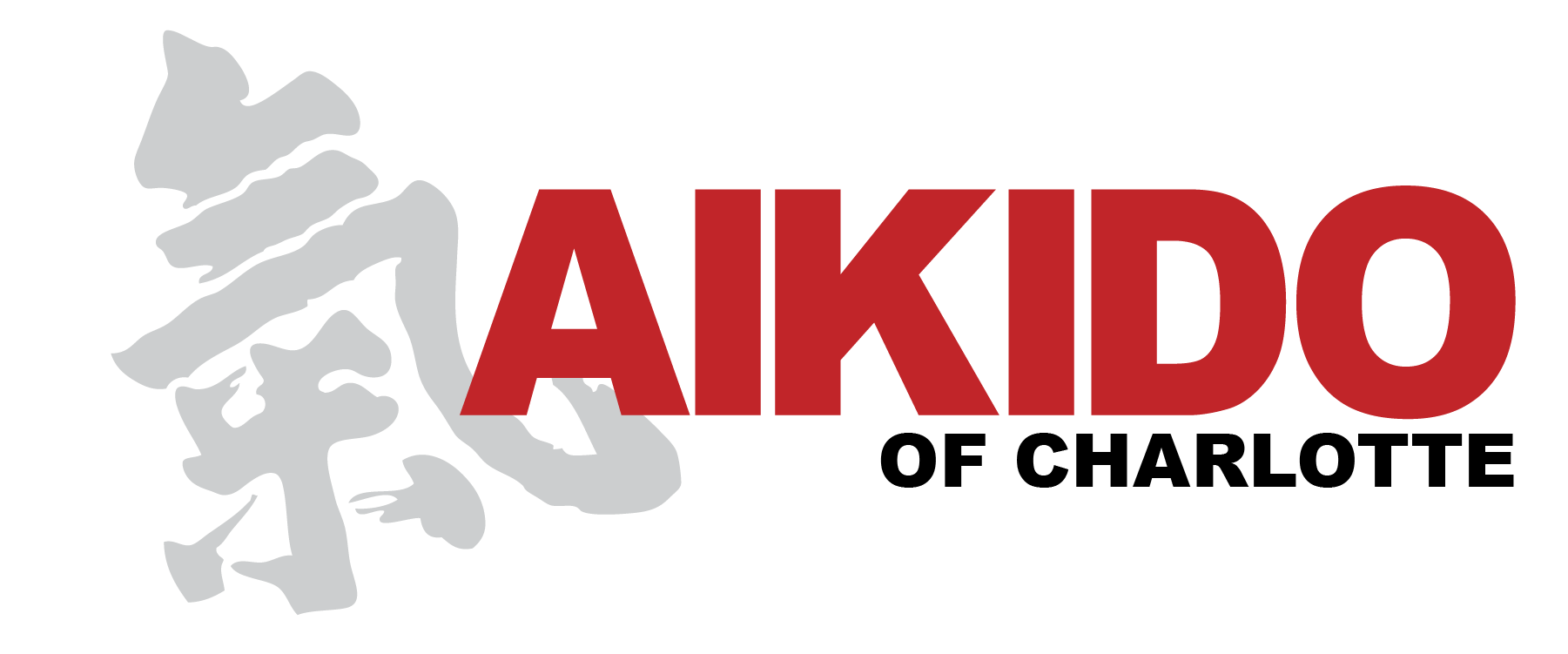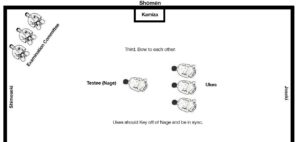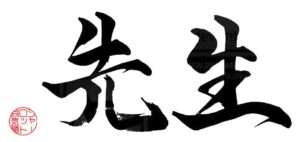5 Questions with our Chief Instructor
Jack Freund: Why is attending seminars so valuable?
Weiner Sensei: Seminars are valuable because so many things can take place in that style of training. Whether the seminar is one day or an entire weekend, it is an opportunity for all your focus to be on Aikido training. It is an intensive workshop, if you will. You typically get exposure to teachers more senior than your own, which means more experience, a higher level of understanding, and more knowledge. Second, training with aikidoka other than your weekly partners will sharpen your technique, improve your ukemi skills and ultimately challenge you to examine your practice. There also are more social opportunities to meet other students and teachers. Meals are exchanged, conversations take place, and friendships are cultivated. Seminars also go hand in hand with rank advancement and progress, and are a symbol of your dedication and commitment to the art of Aikido.
Jack Freund: Is testing & rank advancement important?
Weiner Sensei: It is important but not necessarily the most important. Meaning, advancement is a milestone of progress & improvement. Part of Aikido training is to celebrate growth, years of commitment, and hard work. Testing does just that. When an individual only focuses on the result versus the work that’s required, that’s when one’s ego is getting in the way of the true path in modern day budo.
On the other hand, although we teach aikidoka not to overly focus on testing, one should embrace rank advancement rather than dismissing it. By dismissing it or acting like you don’t care, it is not only poor reiho but it’s actually insulting those that do appreciate it as part of the process. Let’s also be real: as human beings and westerners, we like recognition. We like to feel proud when we’re successful. And a lot of us are competitive. While traditional aikido has no competition (nor should you ever try and compete with another student’s journey, rank or anything else), I think it’s 100% healthy to be competitive with yourself when it comes to self-improvement. Wanting to get better at Aikido, and practicing longer and harder are all good things. And if one does those things and is promoted in rank, that’s a good thing.
Jack Freund: Why do you think less than 2% of people that start a martial art reach Shodan?
Weiner Sensei: Our society wants instant gratification, a lot of times wanting the recognition without doing the actual work. Becoming a Shodan is so much more than knowing a list of techniques & putting in 5+ years of mat time. It’s about overcoming weaknesses. Developing as a sempai. Helping your juniors. Training at times when you don’t want to. Practicing harder when you’re tired or fatigued. It’s about getting tougher mentally so you can deal with stressful situations better. It’s mostly about changing your Aikido mindset from hobby to much more…a way of life.
In addition, many people avoid strenuous or challenging physical activities. Some struggle to be tough mentally. Quitting is so much easier, faster and less stressful at times than ‘gutting it out’. The modern day Shodan is not about being perfect. It’s about being better than you were the day before. It’s about getting comfortable being uncomfortable at times.
Jack Freund: What do you think it takes to become a black belt?
Weiner Sensei: Serious commitment, dedication and hard work. It takes an individual putting their Aikido training at the top of their life priorities right behind their family & work. It will take sacrifices at times, such as time. It takes more action & less verbal intent. More doing & less talking. Less making excuses. Mistakes are OK. Trying not to repeat the same mistakes is always a goal, but it’s about taking 100% ownership and responsibility in your decisions about training. It probably takes a bit more than most people realize.
Jack Freund: What advice can you offer new instructors?
Weiner Sensei: Lead by example. Be a model student. Train hard, show up, and attend as many seminars as you can. Talk less when teaching, demonstrate more and allow students to practice. Allow them to discover. Allow them to ‘steal the technique’. Focus on and teach the basics. Make sure you fully understand the kihon & test curriculum. Stay away from the fancy, fluffy stuff. Try and echo the culture and philosophy of your Chief Instructor. Limit your classes to practicing fewer techniques longer. The best way to teach is to be a model. Ask for feedback from your sempai and teachers. Enjoy & embrace this part of the journey.
5 Questions with our Chief Instructor – Part 2
5 Questions with our Chief Instructor – Part 2 Jared Heintz: Aikido is often praised for its applicability in self-defense situations. Could you discuss how Aikido techniques can be adapted to real-world scenarios, and what mindset one should cultivate in such situations? Weiner Sensei: As I approach 25 years of Aikido practice, I’ve realized that…
Rank Testing Bowing Reiho – Advanced
Rank Testing Bowing Reiho – Advanced Andy Demko Shihan likes to say, “The little things don’t mean a lot, they mean everything”. Everyone who has practiced in our dojo or visited has seen that we take Reiho (Etiquette) pretty seriously. In all that we do, practice. Bowing. Addressing each other & more. I learned a…
Sensei
Sensei 先生 The two characters that make up the term can be directly translated as “born before,” and imply one who teaches based on wisdom gained from age and experience. In general usage, it is used, with proper form, after a person’s name and means “teacher.” In Japan, the word is also used as a…



